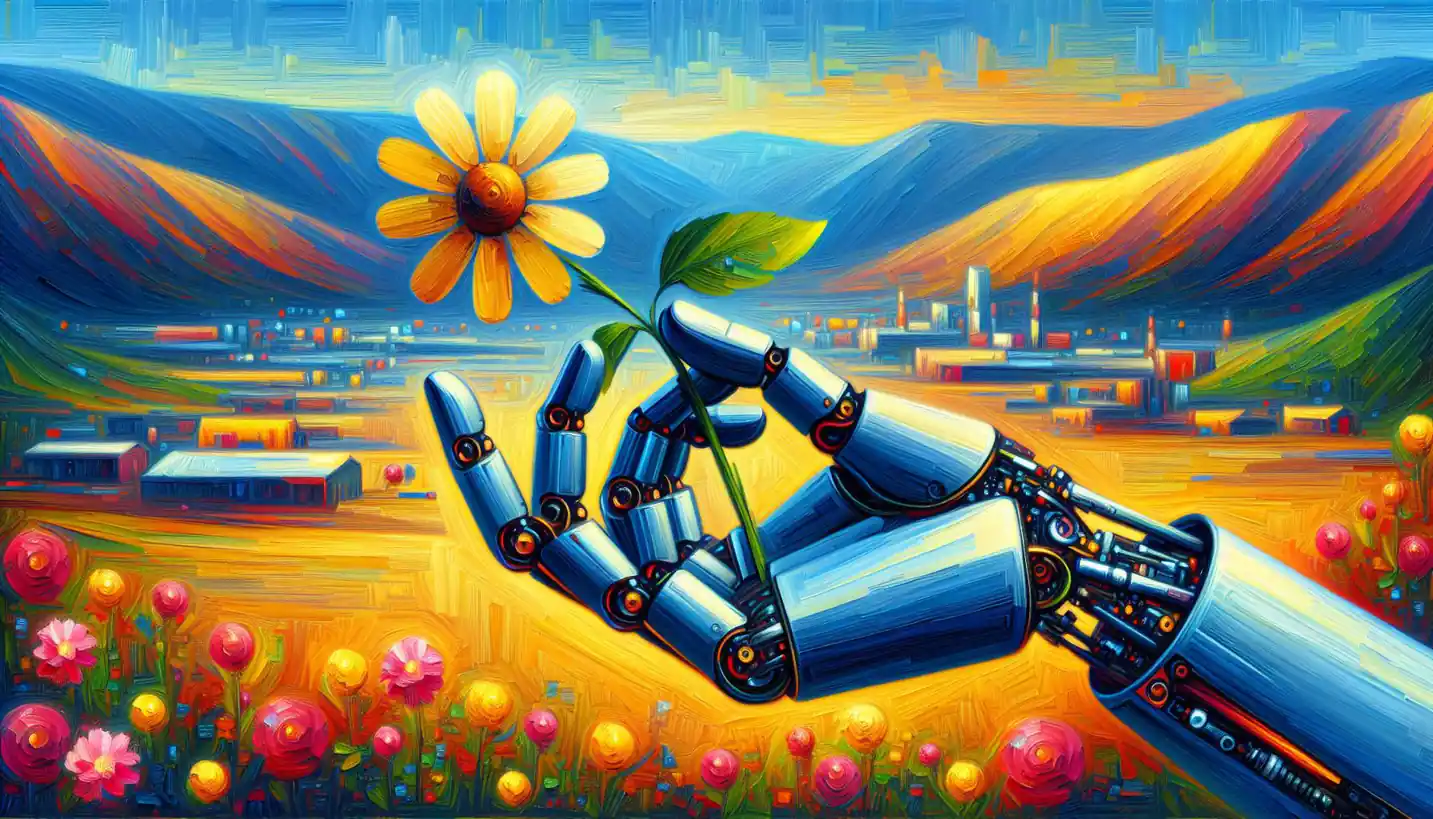· Engineering · 4 min read
Genetically Modified Organisms: Exploring Innovations in Biotechnology
Genetically modified organisms (GMOs) are innovations in biotechnology, promising improved crops and medicines. Examine how they're reshaping scientific and global landscapes.

There’s a fascinating world within our food, one that’s been carefully crafted through the wonders of biotechnology. At the heart of this technological marvel are Genetically Modified Organisms, or GMOs, which are reshaping how we think about agriculture, medicine, and sustainability.
What Are GMOs?
To put it simply, GMOs are living organisms—plants, animals, or microorganisms—that have been altered using genetic engineering techniques. Scientists take genes from one organism and insert them into another, aiming to bestow specific characteristics. Imagine giving corn a protective shield against pests by borrowing traits from another plant. This genetic swapping sounds like something out of a sci-fi movie, but it’s very much a part of our reality.
How Do We Create GMOs?
The process of creating a GMO is like digital editing but at the molecular level. First, scientists identify a desirable trait, like resistance to drought. They find a gene responsible for this trait, usually in another organism that already thrives in these conditions. Using tools like CRISPR, a kind of genetic scissor, they slice out this gene and carefully insert it into the organism they want to enhance.
Why Do We Make GMOs?
You might wonder why we go through all this effort. There are several compelling reasons.
First, consider food production. GMOs can yield more crops in places where regular plants struggle. This means less hunger and more stability in food supplies. Imagine a world where every child has enough to eat because crops are resistant to diseases and harsh weather.
Second, GMOs can reduce the need for pesticides. Crops engineered to resist pests mean farmers don’t have to use as many chemical sprays. That’s not only better for the environment but can also be healthier for people consuming the food.
The Role of GMOs in Medicine
But GMOs aren’t just about putting food on our tables. They play a significant role in medicine too. For instance, bacteria have been genetically modified to produce insulin, crucial for people with diabetes. Before this innovation, insulin had to be extracted from animals, a less efficient and more costly process. Now, thanks to GMO technology, insulin is more accessible and affordable.
Addressing the Controversies
However, like many scientific advancements, GMOs have sparked debates. Some people worry about the safety of eating genetically modified foods. Others are concerned about the environmental impact, like the possibility of crossbreeding with wild plants. And then there’s the issue of labeling—people want to know if they’re consuming GMOs.
But extensive research and numerous studies have shown that GMOs are, by and large, safe to eat. Regulatory bodies like the Food and Drug Administration (FDA) and the World Health Organization (WHO) continuously monitor and assess GMO safety to ensure public health is not compromised.
The Future of GMOs
Looking to the future, GMOs could play an even more crucial role. With climate change threatening traditional crops, genetic engineering might help us develop varieties that survive extreme conditions. Moreover, as our global population grows, the demand for food will skyrocket. GMOs might just be the key to meeting this demand sustainably.
Imagine if, one day, we could grow rice that required half the water or wheat that thrived in colder climates. These innovations could revolutionize how we farm and consume food.
The Journey of Acceptance
Understanding and accepting GMOs is a journey. It’s like getting used to the idea of self-driving cars or delivery drones—initially met with skepticism but increasingly seen as part of the future fabric of life.
As people get more familiar with the science behind GMOs and see the positive impacts, opinions are slowly shifting. Educating people about how GMOs work and why they’re crucial can help build trust in this technology.
Sparking Your Curiosity
Have you ever thought about what future foods might look like? Could we engineer fruits with higher nutrition content or vegetables that last longer on shelves without preservatives? These are not just dreams but potential realities with GMOs.
The world of genetically modified organisms is constantly evolving, and what we’re seeing today might only be the beginning. As researchers explore new frontiers, we can expect more breakthroughs that could reshape our relationship with food and health.
Emphasizing Importance
In conclusion, GMOs are more than just a tool—they’re a beacon of possibility in biotechnology. They hold the potential to tackle global challenges of food security and health, offering sustainable solutions that we so desperately need.
So next time you bite into an ear of corn, ponder the layers of science that might have helped it reach your table. The story of GMOs is as much about innovation as it is about hope for a better future.


